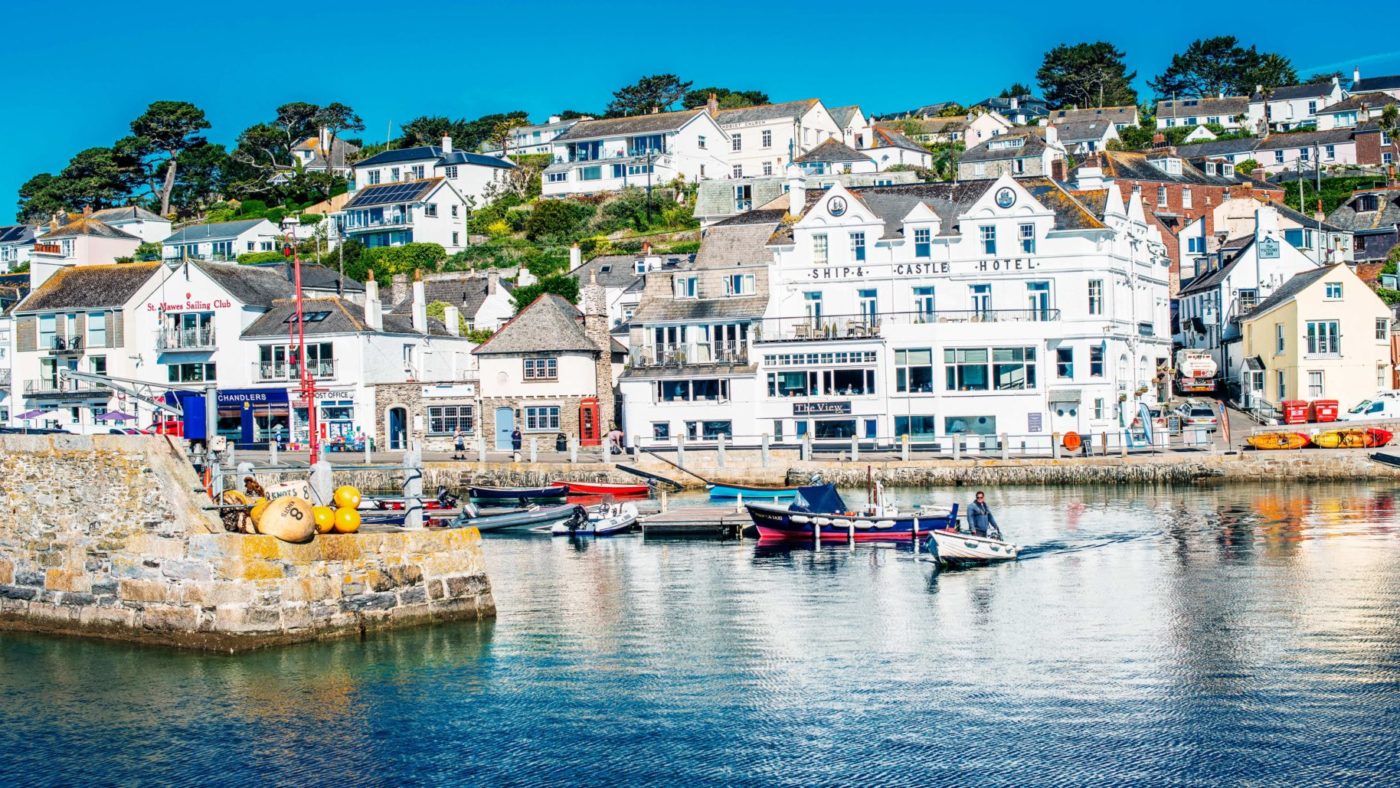I was one of the taskforce feeding into the important Planning for the Future consultation paper which the Government has published today. Some predictable voices have come out screeching without seemingly having even read it. Knee-jerk unthinking opposition to change is not a good look, be it on the right or the left. But what does the paper actually say? And why?
At the heart of the report is a key insight: the English planning system is not rules-based. It operates on a uniquely discretionary case by case basis. This is fundamentally different from nearly all other approaches and is the root of why we don’t build enough homes in this country.
This matters because greater uncertainty and growing complexity has increased planning risk, pushed up the price of permissioned land and acted as a barrier to entry for small developers, self and custom builders, modular construction and other innovators. It is no coincidence that the proportion of homes that small builders develop continues to decline. Thirty years ago small builders built 40% of new homes. Today it is just over 20%. It is no coincidence that the land promotion business plays such an important role in the UK and such a small role in many other countries. It is no coincidence that self-build and modular construction techniques have struggled to gain a foothold here.
Happily, the paper recognises these concerns, highlighting the importance of SMEs in delivering sufficient new build homes, while also focusing on how to make sure those new builds are beautiful and place-specific, with proposals around binding neighbourhood design codes designed to boost democratic buy-in from locals (rather than bypassing their concerns).
We should stop treating all development as a bespoke process. Instead, we should follow what happens in much of the US and Europe, and bring the (important and necessary) democratic debate forward in the process, so that rather than happening at the specific development stage, it happens earlier, as part of the process of setting the local plan.
Today’s thoughtful and profound proposals are also very important because of their nuanced understanding of the need for – and purpose of – regulation. It’s not a question of ‘no regulation’ of the built environment. States have done that for time immemorial. It’s a question of regulating predictably so that development does not become a cartel of established players. I commend ministers and officials for the time and thought they have put into this work as well my fellow members of the Planning Task Force who advised them.
These proposals are not trapped in simple “anti-planning” rhetoric. They should free up planners better to support the public; to be strategic planners not just development control officers. And they do so in a way that seeks to improve the ultimate health, purpose, sustainability and well-being of the lives that we all lead. I am delighted that the proposals take on board very many of the points that Create Streets has argued for (such as the importance of locally popular design codes and the ‘fast track for beauty’) and which were recommended by the Building Better Building Beautiful Commission which I co-chaired with the late Sir Roger Scruton.
These proposals should help to move planning from a culture of fear to a culture of affirmation. We are heirs to beautiful towns, set in incomparable countryside. Our goal should be to pass that heritage to our successors, not depleted but enhanced. That is what it means to build beautifully. Well-implemented, these proposals should help achieve that. Beauty is not an arbitrary addition to the builder’s aims but fundamental to promoting health, well-being and sustainable growth.
I hope that the design and development industries will have the wisdom to read and reflect upon these proposals and not just reject them because they are a challenge to a status quo which, sadly and despite the best efforts of so many, has delivered neither the quality nor the quantity of new homes and places that we need.
Click here to subscribe to our daily briefing – the best pieces from CapX and across the web.
CapX depends on the generosity of its readers. If you value what we do, please consider making a donation.


